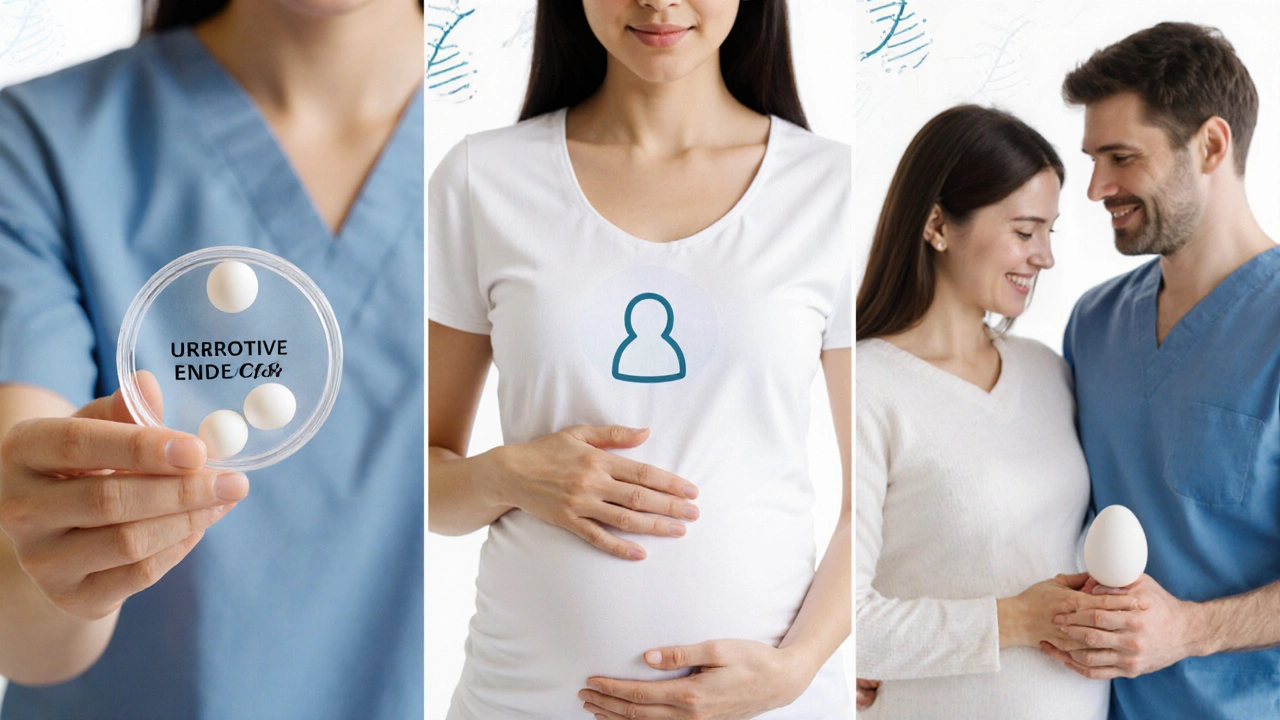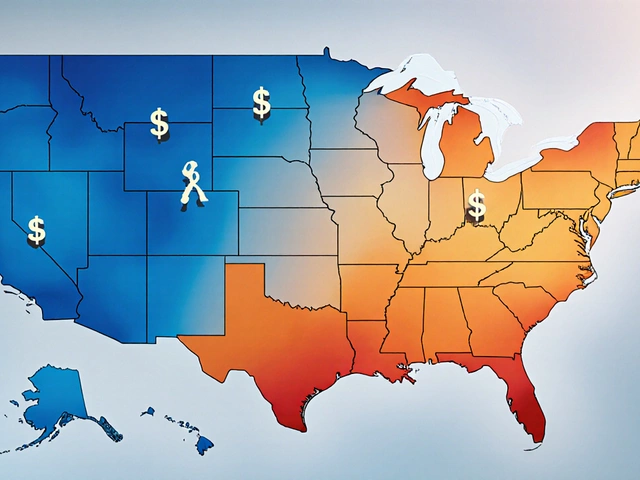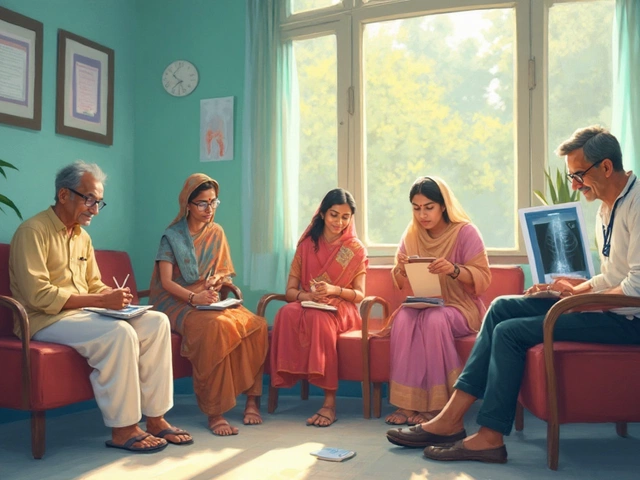The biological mother of an IVF baby is the woman who provides the egg-not necessarily the one who gives birth. Learn how genetics, surrogacy, and donor eggs shape parentage in IVF.
Read MoreIVF Biological Mother: What It Means and How It Affects Your Journey
When you hear IVF biological mother, a woman who provides her own egg and carries the pregnancy after in vitro fertilization. Also known as genetic mother, it refers to the person whose egg was fertilized in a lab and then placed back into her uterus to grow into a baby. This isn’t just a medical term—it’s a deeply personal identity shaped by science, emotion, and sometimes, heartbreak.
Being an IVF biological mother means your DNA is in the child, even if the path to pregnancy wasn’t natural. It’s different from gestational surrogacy, where someone else carries the baby. Here, you’re both the source of the egg and the one who gives birth. That connection matters—emotionally, physically, and sometimes legally. Many women who go through IVF as biological mothers worry about whether their child will be healthy, if the process was safe, or if their body will respond. The good news? Research shows IVF babies are just as healthy as those conceived naturally, with risks mostly tied to age or multiples—not the IVF process itself.
What you might not realize is how much your body’s health affects IVF success. Hormone levels, ovarian reserve, and even stress play a bigger role than most people think. That’s why many women track their cycles, adjust diets, or try Ayurvedic support before starting IVF. Some even use herbal supplements to balance their doshas—especially if they’re dealing with PCOS or low egg quality. But not all herbs help. Some, like yohimbe or high-dose ginseng, can actually raise anxiety or interfere with fertility meds. Knowing what to avoid is as important as knowing what to take.
And then there’s the emotional side. IVF shots aren’t the hardest part—most people say it’s the waiting. The two-week wait after embryo transfer can feel longer than nine months. But if you’ve been through it, you know: the pain of the needle fades. The fear of failure? That sticks around. That’s why stories from other IVF biological mothers matter. They tell you it’s okay to feel overwhelmed, to cry during a blood test, or to celebrate a tiny positive line like it’s a miracle—because for many, it is.
What you’ll find in these posts isn’t just medical advice. It’s real talk from women who’ve walked this path. You’ll learn how soon you can start IVF after having a baby, what the injections actually feel like, and how genetics play out in IVF babies. You’ll see how costs vary across states, why some women choose to delay treatment, and how mental health ties into every step. Whether you’re just starting out or already on your third round, this collection gives you the unfiltered facts—and the quiet reassurance you’re not alone.





